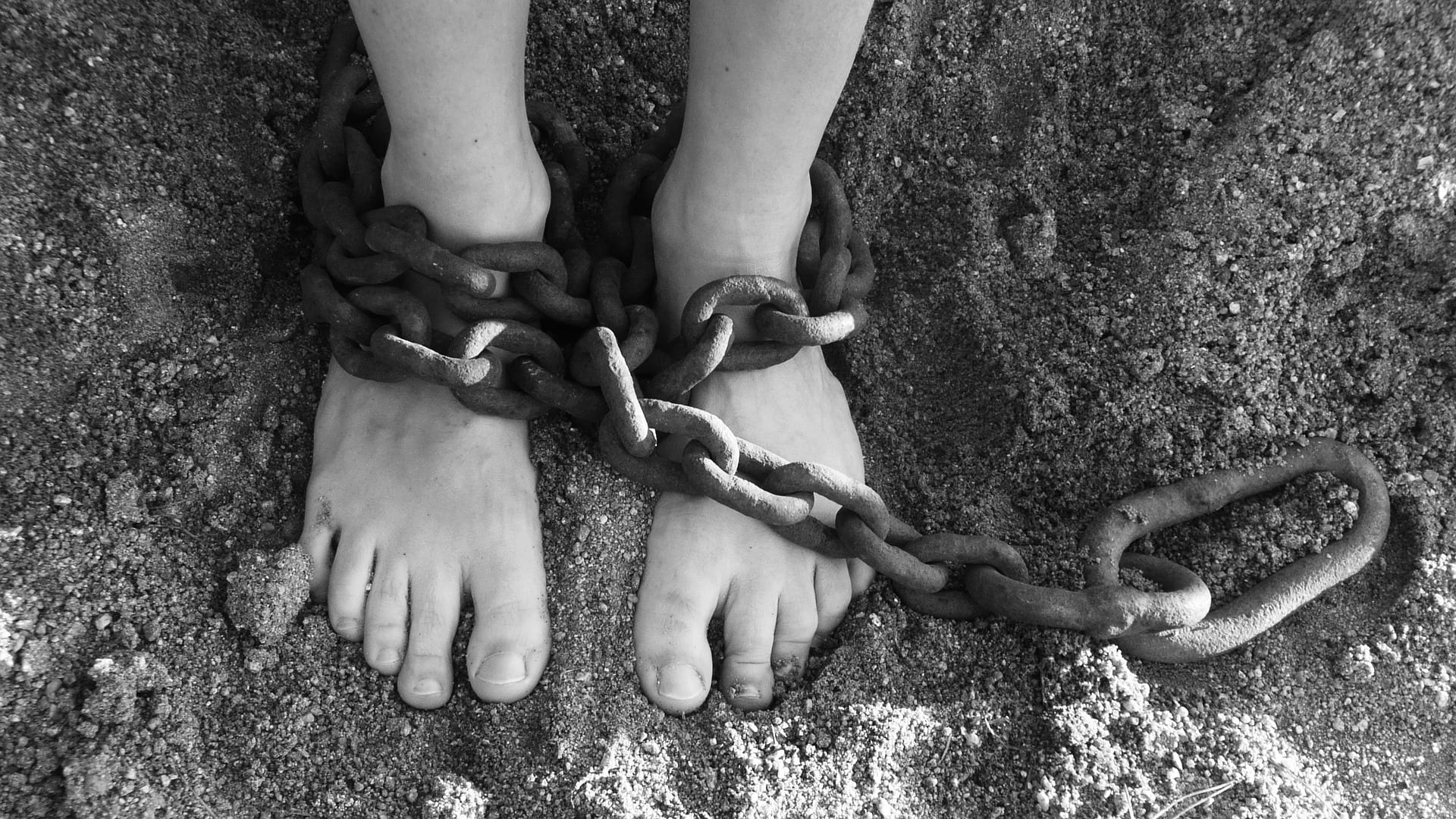Actor Will Smith has been charming us on both the big and small screen for decades, but recently he took to the smallest screen of all—our phones—to drop some thoughtful wisdom on Instagram.
Reflecting on a debate he had with a friend, Smith discusses the differences between fault and responsibility, stating that the two are not only extremely different, they’re not even remotely related!
What Faulting Someone Means
When something bad happens in our lives, we want to find fault somewhere. It’s easy for us to blame others for the circumstances in our lives, whether they’re a direct cause or not. It’s also extremely satisfying; faulting people plays on our deep-seated need for fairness and justice in an often unfair and unjust world.
But think about it for a moment: Other than feeling good, what does blaming people do to solve problems? Say, for example, that you painstakingly prepared a presentation for work or school, only to have your dog eat your notes (cliché, I know, but bear with me). Obviously, this is clearly the fault of your dog! So, you yell, scold, and punish appropriately. Your dog appears remorseful, which satisfies your desire for fairness; you suffered, and they suffered equally.
But what does that do for your notes? They’ve still been eaten. Your presentation still needs to be given tomorrow. What now?
[the_ad_group id=”151″]
What Taking Responsibility Means
Taking responsibility means nothing more than accepting that you have the power to fix a problem. No matter who caused the problem or what the problem is, you have the capacity to devise and implement a solution. It’s a form of personal empowerment; when you blame others, you surrender control of a situation, but taking responsibility gives you that power back. You convince yourself that bad things happen outside your locus of control, no matter what. But this simply isn’t true!
Let’s go back to the previous example: That Fido has chewed up your presentation notes. When you fault your dog, you give up control of the situation to the source of your blame. You’ve essentially given your dog control over the situation!
When you take responsibility for the problem, however, you create space for solutions to be found. You return the control to yourself by saying, “Okay, this happened, now how can I fix it?”
In the case of your chewed-up notes, you might be able to recreate them from memory and whatever remains of your first copy. Or, perhaps you typed them and have a copy saved somewhere you can print again. Alternatively, you could try to explain to your supervisor why you might need a little extra time before your presentation. None of these options were available to you before you accepted responsibility for the situation!
When you take responsibility for the problem, however, you create space for solutions to be found. You return the control to yourself by saying, “Okay, this happened, now how can I fix it?”
What Taking Responsibility Does NOT Mean
Taking responsibility is NOT an admission of guilt! Responsibility and fault rarely go hand-in-hand, so it stands to reason that accepting responsibility for a situation has nothing to do with who, if anyone, is at fault.
It also has nothing to do with letting those who would victimize us off the hook. We can’t control the will of others any more than we can control the rotation of our planet. At the end of the day, the only life we’re fully in charge of us is our own, and that’s why being able to accept responsibility for problems is vital to our healing process.
Accepting responsibility is an act of reclaiming your power. It’s declaring that you refuse to let obstacles or difficult circumstances render you helpless because you know you have the power to affect change. Accepting responsibility is an act of psychological self-defense. It’s an act of strength.

Call to Action
The next time something bad happens, or you come across an obstacle, stop for a moment and reflect. Are you blaming other people for your problems? How does faulting others make you feel? How can you take control, accept responsibility, and work toward finding a solution?
No matter how satisfying it may be to place the fault on someone else, nothing will really satisfy you more than being able to seize control of the situation and change it for the better.
Our Journey on Stoic Living is a great starting point for taking responsibility for your life and development. Download our app today to try it!
[the_ad id=”6470″]



